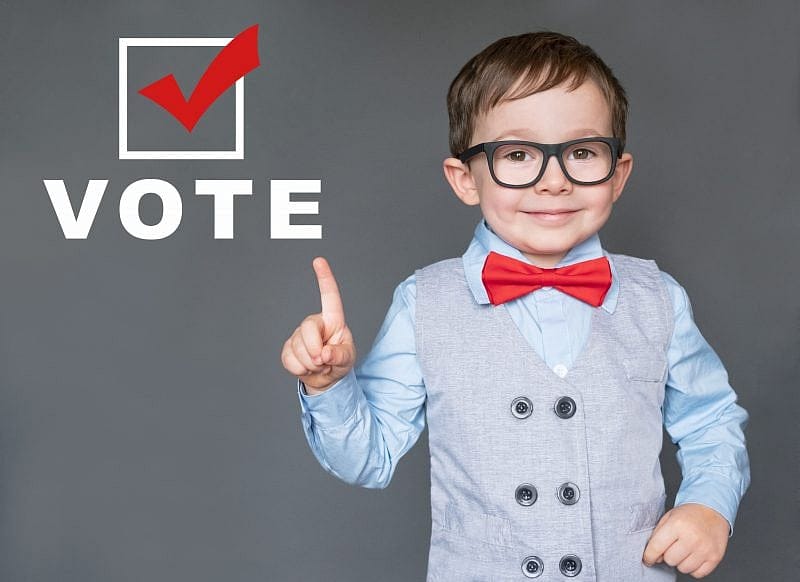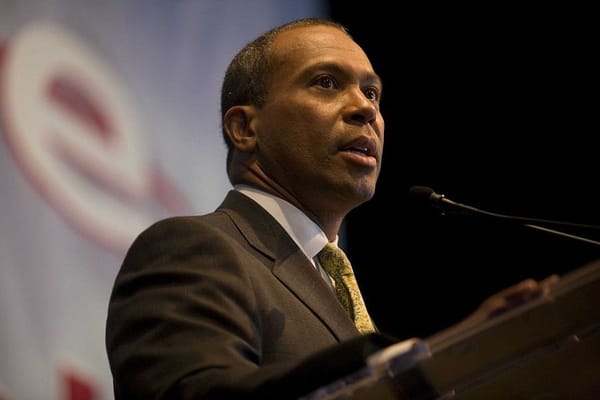Automatic Voter Registration Begins This Week in Massachusetts

Automatic voter registration begins in Massachusetts on Wednesday, January 1 for eligible citizens who interact with MassHealth, the Health Connector, and the Massachusetts Registry of Motor Vehicles.
In 2018, Governor Charlie Baker signed automatic voter registration into law for Massachusetts, making the Bay State the 14th state to pass such a law, according to The MetroWest Daily News.

